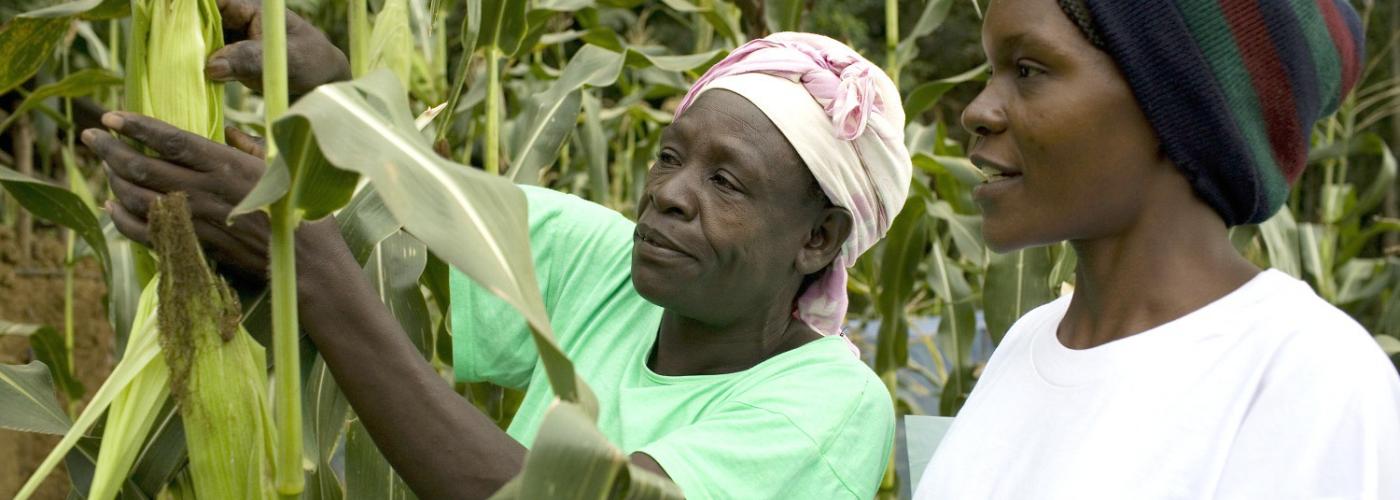Improving the Quality of Agricultural Trade Statistics in West Africa
Image

Although the Sahel and West Africa are experiencing rapid economic growth, there are still many threats to the region's food security. In this region, the prevalence of undernourishment has increased from 10.4% in 2010 to 15.1% in 2017 according to the FAO. Many explanations can be provided: rising inequality, rapid population growth, low agricultural productivity, and political instability. Poor commercial integration at the regional level is also an important reason.
Indeed, even with the implementation of the Economic Community of West African States (ECOWAS) Trade Liberalisation Scheme, which removed tariff barriers on local agricultural commodities and food products, barriers to intra-regional trade still greatly hamper the movement of these products from areas of production to areas of demand. More trade integration can be accomplished through the enforcement of ECOWAS policies; laws and regulations on the free movement of people and goods; the elimination of road harassment (policemen, gendarmes, customs officers often arrest trucks along trade corridors and request bribes); developing interlinked routes for land and sea transportation; and increasing the use of Information and Communication Technologies, among other measures.
In response to this dynamic, the International Food Policy Research Institute (IFPRI) launched the Family Farming, Regional Markets and Cross border Trade corridors FARM-TRAC project in May 2020. The project was established in collaboration with the Comité Interétatique de Lutte contre la Sècheresse au Sahel (CILSS) and the Association Ouest Africaine du Commerce Transfrontalier des produits Alimentaires, Agro-sylvo-pastoraux et Halieutiques (AOCTAH) and is financially supported by the International Fund for Agricultural Development (IFAD) and USAID.
The first underlying premise of this project is the promotion of intra-regional trade in agricultural products will boost regional growth, reduce poverty and improve food security in the region. The second underlying premise of this project concerns trade statistics. They are important elements of economic policy in the domain of trade, income support in rural areas, and food security. In addition to being an essential input in the calculation of a country’s balance of payments, these data inform policymakers about the state of food security. Reliable trade data are particularly important in the African context considering the Malabo Declaration, which advocates the tripling of intra-regional agricultural trade by 2025. Reliable trade data, which are necessary data points for food balance sheets, are even more important at a time when international statistics show a deterioration of food security, particularly high in West Africa.
There is, however, a widely shared consensus regarding the low quality of trade statistics in West Africa, in particular for agricultural and food products. Experts and analysts often cite two factors to explain this lack of quality data: the weakness of formal data collection systems (under-declaration, misclassification, lack of incentives for customs agents due to exoneration of customs duties, etc.) and the presence of informal trade flows. These two factors are particularly relevant in the case of trade in agricultural products in West Africa.
In this region, CILSS offers a sustainable mechanism for monitoring the cross-border flows of agro-pastoral products. It collects data on trade in agricultural products with the support of professional organizations that control the transport of agricultural commodities in the region. CILSS also collects data on road harassments (‘tracasseries administratives’) along specific trade corridors. The collaboration with IFPRI, a recognized international institution with extensive experience in trade data issues, includes a procedure of data quality control. In 2021, CILSS data will be integrated in official statistical institutes and will be available publicly. In the long run, it is expected that the improvement of the quality of data on trade and trade barriers in the region will contribute to a better dialogue on trade policies, food security, and the adoption of anti-poverty measures in the region.

